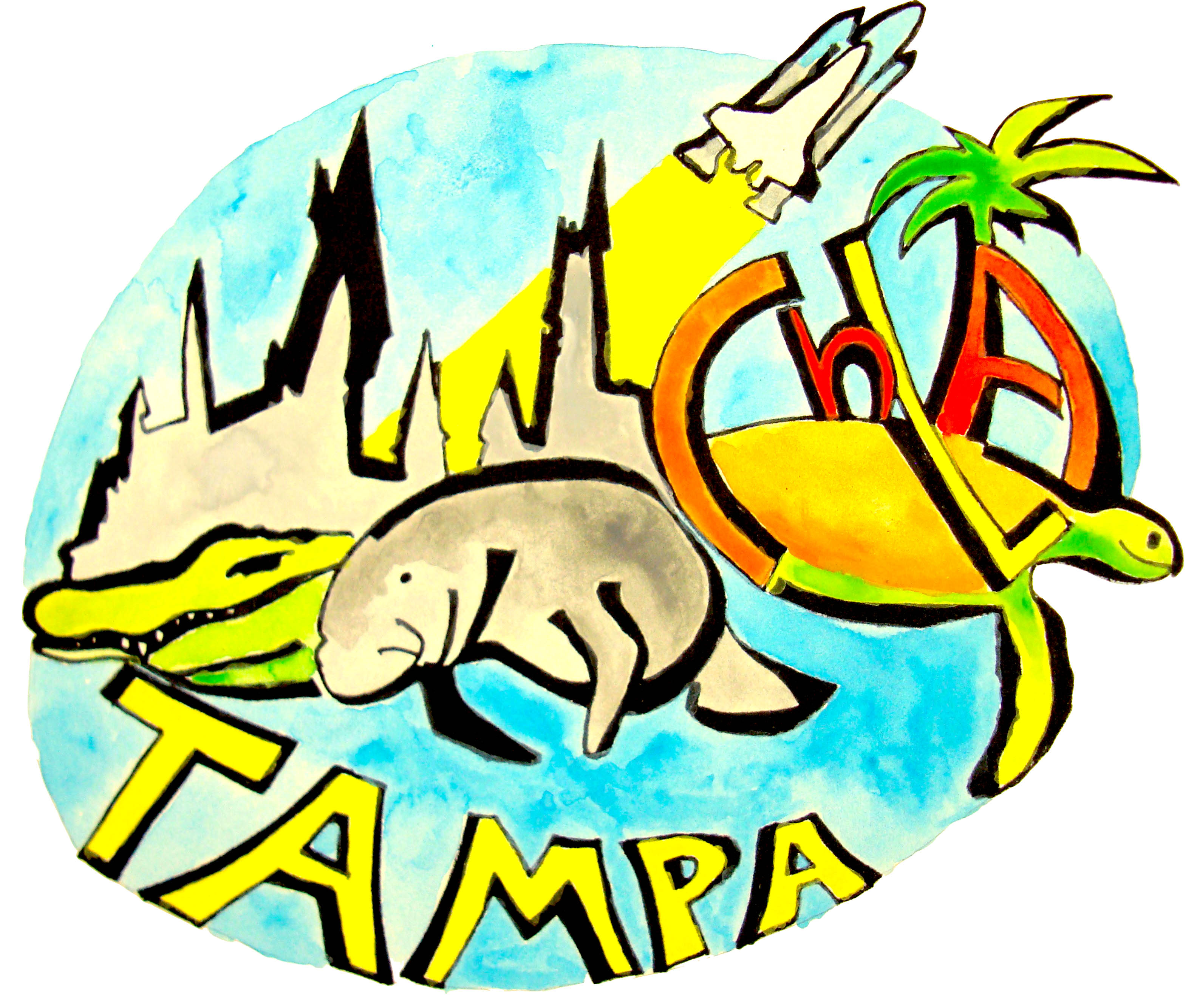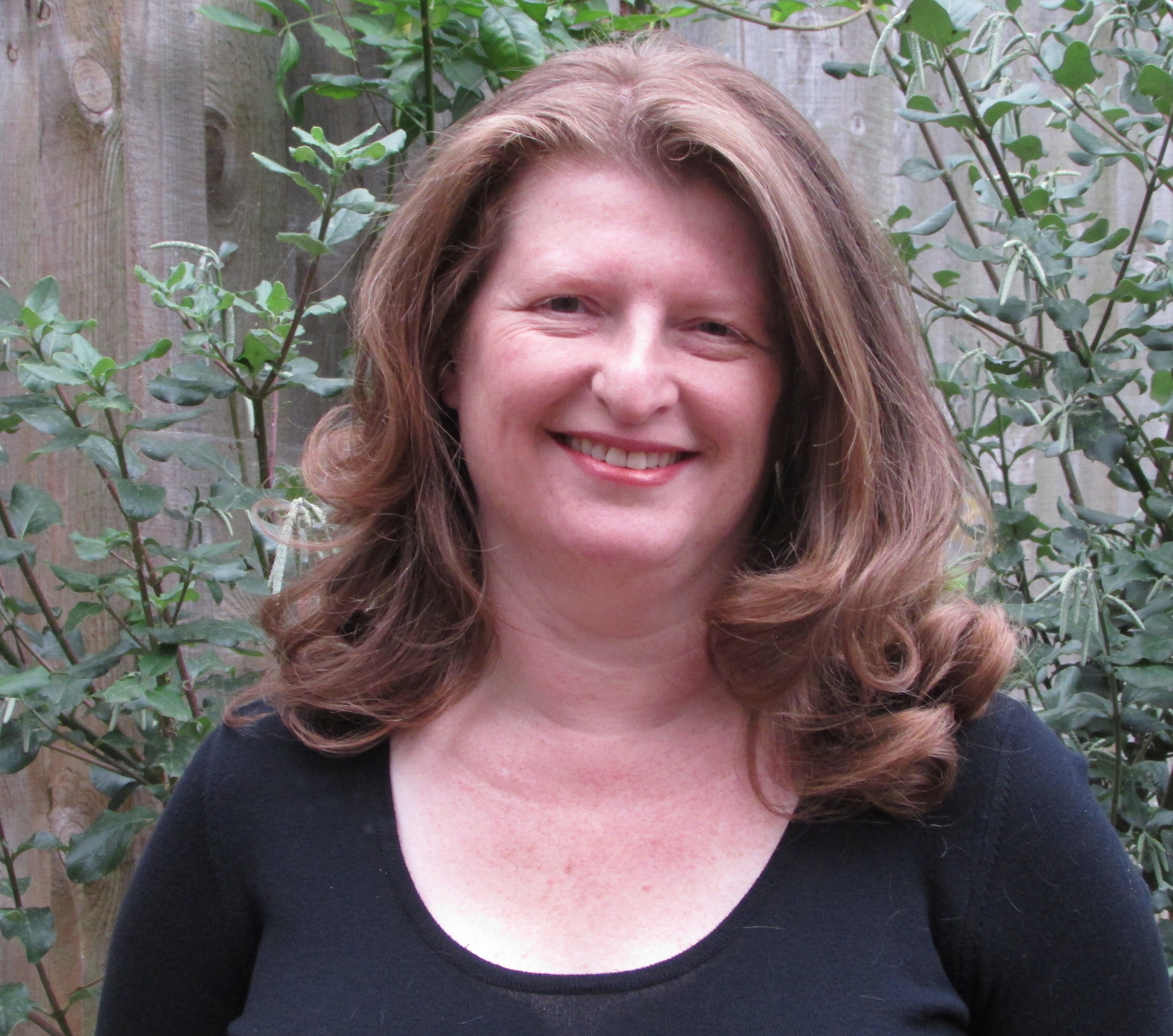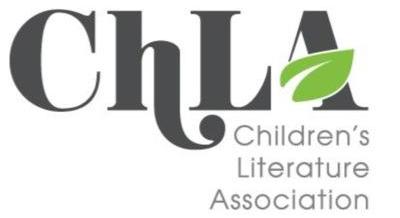
Hosted by the University of South Florida
June 22-24, 2017
Tampa, FL
Hilton Tampa Downtown Hotel
Conference Theme: Imagined Futures
2017 Conference Program Guide
2017 Conference Addendum
Come one, come all, to ChLA 2017 in Tampa!
When visitors think of Florida, they imagine Disney World, beaches, vacations, and, ultimately, retirement--visions that hardly mesh with the realities of life in a state that boasts yearly invasions of pirates, snowbirds, and abnormally large bugs. In addition to the bifurcated space between perception and reality, Florida is also a tale of two coasts: the Suncoast and the Spacecoast, the fantastic and the historic, the fictional and nonfictional, the utopic and dystopic. Past and present sit side by side, and the futures in Florida require careful navigation of perception, reality, and the distance between the two.
Drawing heavily on the lessons offered by Florida, the 2017 Children’s Literature Association Annual Conference will explore the many possible futures to be found in, through, and for children’s literature. We invite papers that explore the futures presented to children across a wide range of media, both print and electronic, and time periods.
In honor of Florida’s circus, carnival, and theme park traditions, and in recognition of Tampa’s founding by Cuban, Spanish, Italian, and Jewish immigrants on Seminole tribal land, we invite papers that explore the futures in and of children’s literature through:
- Travel, traveling, and travelers
- Travelers, pirates, sideshows, and the grotesque
- Magic, circuses, and carnival
- Misfits and the magical
- Celebration and discrimination
In honor of Florida’s history of transportation and ingenuity, we invite papers that explore similar topics in a completely different context:
- Travel, traveling, and travelers
- Inventions and inventors
- Imagination and imagineering
- Time, progress, space, journeys, distance
- Trains and tracks
- Escape
- Waiting
In honor of Florida’s, indeed our world’s, diminishing natural resources, we invite explorations of the futures of children’s literature via those natural resources, including:
- Nonfiction explorations such as climate and coastline, fish and fowl, pipelines and predators
- Science fiction, fantasy, and speculative fiction
- Propaganda and politics
- The teacher, librarian, and bookstore, and read aloud as diminishing resources
Finally, in honor of our Space Coast and Suncoast, the rise of digital technology and the return to the book, we invite papers that explore the relationship between technology and the futures of children’s literature, and papers that explore changes in the ways that children’s literature is produced, consumed, promoted, and shared, including:
- Access, presence, and spaces
- Experiential learning
- Children’s literature museums, archives, and libraries
- Children’s literature and online spaces, including social media
The abstract submission portal closed on October 15, 2016. Notifications will go out in January 2017.
For more information, contact the conference organizers:
Jenifer Schneider, [email protected]
Melanie Griffin, [email protected]
Printable CFP
The 2017 Francelia Butler Lecture, "What Does Children's and YA Science Fiction Teach Us About How to Create Peace in the Future," will be presented by:

Farah Mendlesohn
Associate Dean at Staffordshire University
She has authored several books in children’s literature of which the best known are The Inter-galactic Playground: A Critical Study of Children's and Teens' Science Fiction (McFarland) and Diana Wynne Jones: The Fantastic Tradition and Children's Literature (Routledge). She has served as Chair of the Science Fiction Foundation, and President of the International Association of the Fantastic in the Arts. Her forthcoming book is Children’s Fantasy Literature: An Introduction, which she has written with her long time colleague Professor Michael M. Levy. Farah Mendlesohn is a member of the Religious Society of Friends (Quaker), her PhD thesis was titled "Practicing Peace: Quaker Relief Work in the Spanish Civil War" (see Academia.edu) and thus she is particularly honored to have the chance to speak in honor of Francelia Butler.
|


